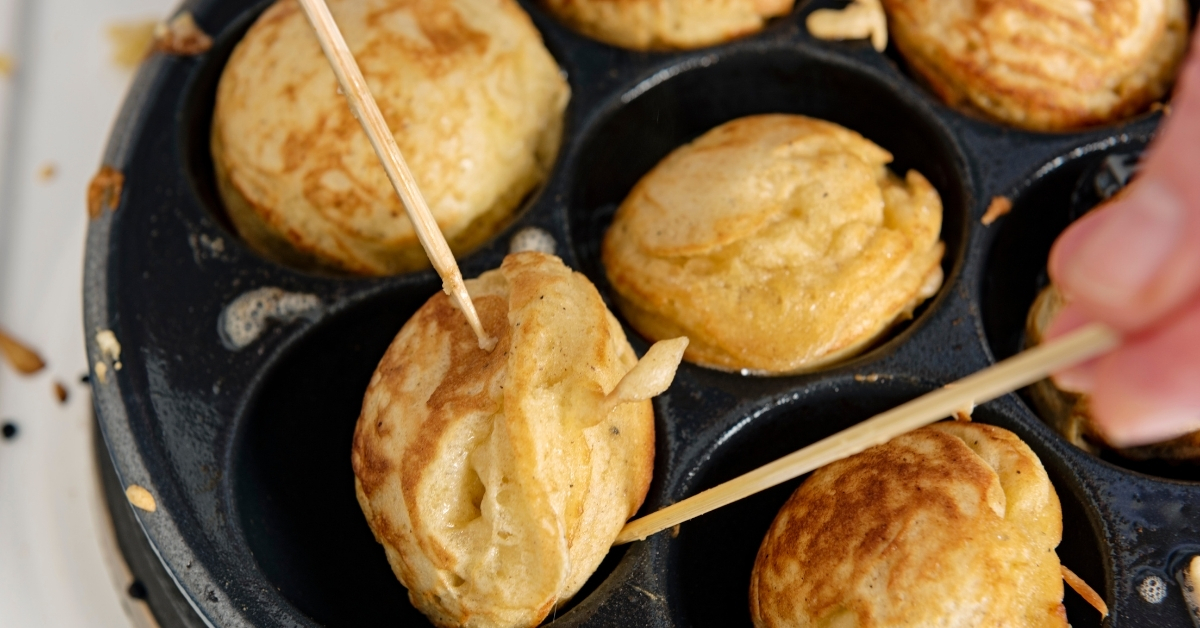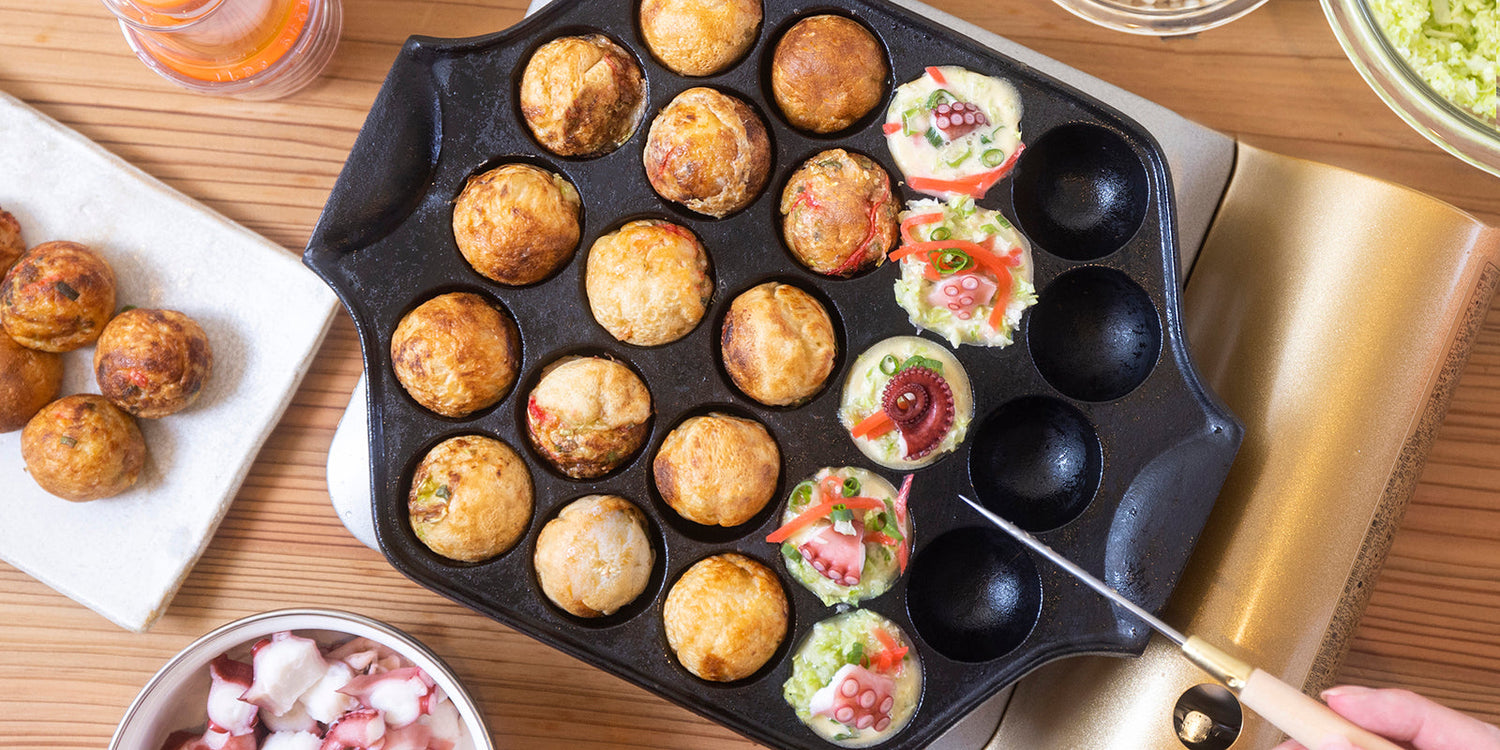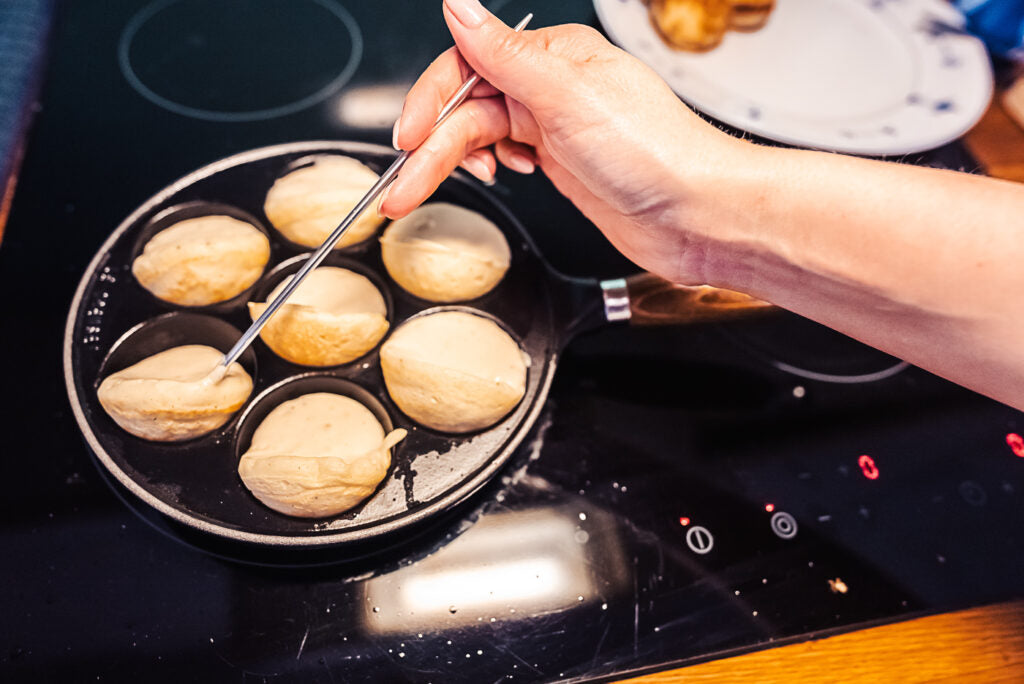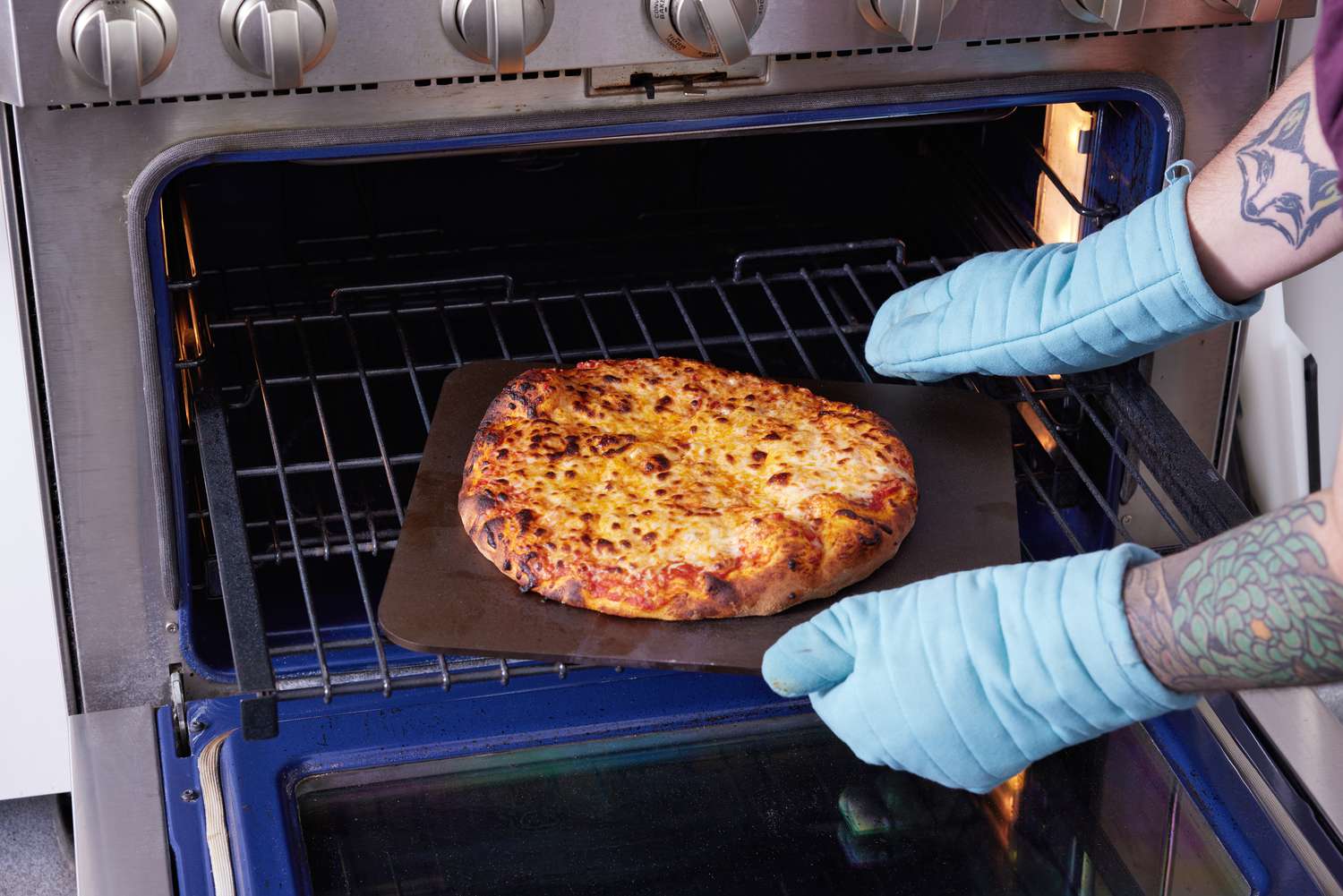When it comes to pie irons, a crucial tool for outdoor cooking and camping enthusiasts, the age-old debate between cast iron and aluminum continues to spark interest. Both materials have their unique advantages and disadvantages, making the choice less straightforward than it seems. This article dives into the differences and benefits of each, helping kitchen professionals and hobbyists alike determine the best fit for their needs.

Understanding the Basics of Pie Irons
Pie irons are versatile cooking tools that have been used for generations. Whether you're making a savory pie, a toasted sandwich, or a sweet dessert, these irons add flavor and fun to the cooking process. Predominantly, they come in two material types: cast iron and aluminum. But what makes one better than the other? Let's explore.
The Case for Cast Iron Pie Irons
Cast iron pie irons are beloved for their durability and superior heat retention. This material heats evenly, ensuring your recipes are cooked uniformly. An additional advantage is its non-stick nature once properly seasoned, akin to how you would care for a cast iron skillet cornbread. Cast iron can even add a subtle flavor to your dishes over time, enhancing the culinary experience.
The Weight Factor
However, the heft of cast iron is not to be overlooked. For some, its weight can be a drawback, especially when camping, where every ounce counts. It's essential to consider where youll be using your pie iron most frequently to determine if this added durability is worth the extra weight.
Exploring Aluminum Pie Irons
Aluminum pie irons, on the other hand, are appreciated for their lightweight nature. This makes them a popular choice for those not wanting to add extra weight to their packs. Aluminum pie irons heat up quickly, reducing cooking times, a boon for anyone needing to prepare meals in a hurry.
Heat Conductivity
One notable disadvantage of aluminum is its heat retention. While it does heat quickly, it also loses heat just as fast, which can lead to uneven cooking if not carefully monitored. Nonetheless, seasoned professionals can leverage this feature effectively, adapting it to various cooking methods.
Choosing the Right Pie Iron for Your Needs
When deciding between cast iron and aluminum, consider your primary cooking environment. If you value tradition and plan to use campfire cooking methods, cast iron might be your best bet. Alternatively, for a lighter, more portable option, aluminum could be more advantageous, especially for quick, easy meals.
For more information on cooking with these tools, check out this guide on pie iron cooking times to match each iron's characteristics effectively.
Caring for Your Pie Iron
Proper care is essential for maximizing the lifespan and performance of your pie iron. Cast iron requires regular seasoning and gentle cleaning to maintain its non-stick surface, a skill similar to caring for your cast iron skillet. On the other hand, aluminum is more forgiving and easier to clean but requires careful monitoring to prevent warping under high temperatures.
Expert Tips for Maintenance
To ensure longevity for either type, always let your pie iron cool down naturally to prevent thermal shock, which can occur with rapid temperature changes. For more tips on maintenance and cleaning, visit this guide on cleaning kitchen appliances.
Conclusion: The Final Verdict
In the battle between cast iron and aluminum pie irons, the decision ultimately hinges on your personal needs and preferences. For durability and traditional flavor, cast iron cannot be beaten. However, if portability and speed are your key considerations, aluminum delivers excellent performance.
Regardless of your choice, a well-chosen pie iron will elevate your outdoor cooking experience, offering endless possibilities for delicious creations. For professionals seeking the best recommendations, check out this list of the best pie irons available on the market.

FAQs
What are the benefits of using a pie iron?
Pie irons are versatile and durable, perfect for cooking a range of meals from savory to sweet, making them ideal for outdoor adventures.
How do I maintain the seasoning on a cast iron pie iron?
To maintain seasoning, clean your pie iron after each use with warm water, avoid soap, and apply a thin layer of vegetable oil before storing it.
Is aluminum safe for high-temperature cooking?
Yes, aluminum is safe for high temperatures, but it doesn't retain heat as well as cast iron, so it requires monitoring to prevent uneven cooking.
This article contains affiliate links. We may earn a commission at no extra cost to you.






Leave a comment
This site is protected by hCaptcha and the hCaptcha Privacy Policy and Terms of Service apply.